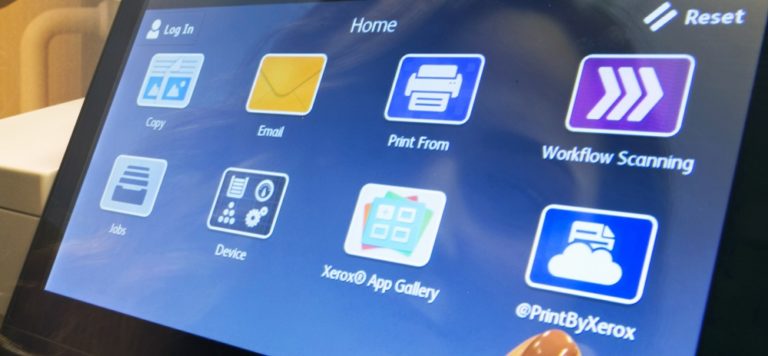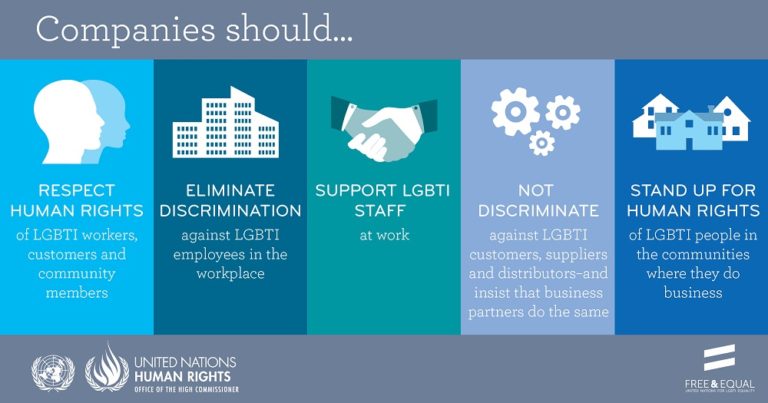By John Lynn, founder, Healthcare Scene
For those who follow Hospital EMR and EHR as well, you might have noticed my first post about The Healthcare Forum at TEDMED. That was a great starter event for my experience at TEDMED. A day and a half into TEDMED and I started to wonder if I could describe TEDMED in a couple words. I can’t, but I’m glad I was invited to attend the event as a guest of Xerox.
Instead of trying to describe the experience of TEDMED, I thought I’d offer some of the insights that the TEDMED speakers shared. Just realize that all of these speakers are surrounded by plenty of breathing room where you’re interacting with other TEDMED “delegates.” I’ve had conversations ranging from cancer treatments to genomics to EHR to public health and everything in between and around. In fact, you’re never quite sure who you might meet next and that’s what makes the experience unique.
As for the speakers – you’ll be able to see them all online eventually – but here are some key quotes, insights, comments, and assertions that were made by various speakers.
Anytime Jonathan Bush speaks is a highlight for me. The man does not know how to mince words and so you’re sure to get his raw, unadulterated feelings on a subject. You may disagree with him on some of the things he says, but he often opens your eyes to new areas of healthcare you hadn’t considered. In this case, Jonathan Bush was taking aim at many of the screwed up features of our healthcare system with healthcare costs clearly in focus.
Jonathan offered the following two insights on some of the current healthcare issues:
- “The biggest problem is that our profit motive is trapped in a weak marketplace.”
- “The tactics non-profit hospitals use would make John D. Rockefeller blush.”
Of course, he also followed that up with a number of suggestions on what we need to do to improve healthcare, such as:
- “We need to let go of Precious. It will be okay. It’s a $2 trillion baby.”
- “Entrepreneurs need to get out there and start delivering care, never mind corporate medical law. Get a lawyer and figure it out.”
What might have been my favorite talk (and I think the only standing ovation at TEDMED so far) was Zubin Damania (better known as ZDoggMD). It’s not even fair to try and sum up Zubin’s TEDMED talk. I’m certain that once it’s out and available I’ll be embedding the whole video. However, I will highlight one really powerful point he made. When he became a doctor he realized he was “Doing something TO people, rather than something FOR people.” With Zubin’s move to Las Vegas and participation in the Downtown Project, he’s now excited to finally live the physician dream: “Do something FOR people, rather than TO people.”
Deborah Estrin made a really strong case for “packaging up your small data.” She said, “There’s a lot that I can learn about my personal health from my digital behavior.” For example, the app could create a comparative picture of your daily function this month relative to last month, by automatically analyzing motion, location, and vocabulary data plucked from your digital traces. I love the power of small data, but in this case it’s small data because it’s for an individual.
Gary Slutkin provided one of the most insightful TEDMED presentations at this point. He did an amazing job explaining violence as a disease. Even more powerful was how he then showed how violence can be treated similar to the way we treat diseases. The parallels were stunning and provided a unique insight to a challenging problem.
On the first night of TEDMED, the passionate America Bracho offered the following insight, “Awareness increases in the presence of contradiction.” America made a number of other passionate comments about community health, but this comment really stood out to me. She highlighted how many of us ignore the plight of our communities so we don’t become aware of the contradictions around us. However, I think this concept applies in so many other areas of healthcare IT. We often turn a blind eye to a healthcare IT issue so we don’t have to recognize the contradiction. Awareness of issues is the first step to solving the contradictions.
One of the most powerful concepts I’ve heard was from Danny Hillis. He talked about the idea of disease preemption instead of disease prevention. Some might argue that disease preemption is just really early stage disease prevention. However, the concept of trying to preempt a disease that could be developing is incredibly powerful. I’ve talked about this from the perspective of treating healthy patients in the past. In this scenario, we could treat someone who appears healthy in order to preempt future health issues. This is a powerful concept that is also incredibly hard to deliver, but we could get closer to it with the right data and sensors.
Mike Pazin, director of ENCODE, called his genome work “fun.” We need more Mikes in healthcare having fun with the genome and we’ll quickly realize the benefits of genomics.
“What if obesity is a cover mechanism, and what if diabetes resistance causes obesity as opposed to obesity causing diabetes resistance?” Peter Attia flipped the idea of obesity and diabetes on the head with these questions.
Amy Abernethy and Elizabeth Marincola discussed the idea of healthcare information hoarding. Amy asked the important question, “What should healthcare information donation look like?” Elizabeth offered, “Science, money, and the public’s right to know are on a collision course. You can have your cake and eat it too. You can be profitable and still share the scientific research.” I’d have loved to hear more examples of how Elizabeth sees this vision happening, but I’m hopeful she’s right that, “The future of medicine is where every student and researcher can access any research done anywhere in the world.”
I know that’s a lot to chew on. Now sprinkle the above knowledge together with the entertainment – the raw dance motions of David Odde & Black Label Movement, the unique one man band of Kishi Bashi, the all-star entertainer Richard Simmons, and many other fine artists – and you’ll have a small window into the TEDMED experience.
John Lynn is the Founder of the nationally renowned blog network Healthcare Scene, which consists of 15 blogs that have been viewed more than 10 million times. John can be found on Twitter at @techguy and @ehrandhit.
_______________________________________________________________________________________________________
John Lynn filed this content as a paid contributor to Xerox. The content is the author’s opinion and does not necessarily reflect the views of Xerox.


